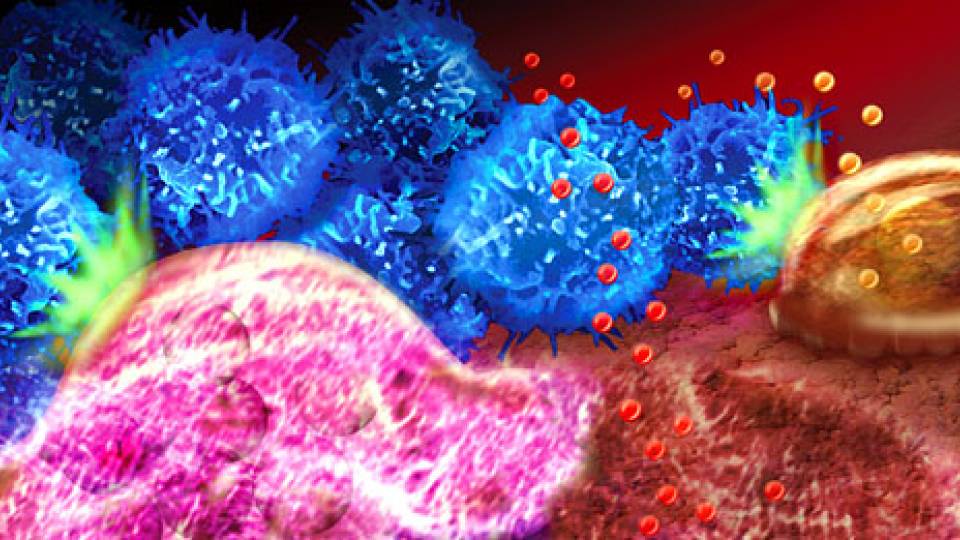In a finding that could lead to better treatments for lupus, Princeton biologists have pinpointed what appears to be a central cause of the disease.
Martin Weigert and colleagues have discovered a point at which the immune system's procedure for making disease-fighting antibodies breaks down and allows antibodies to attack the body's own DNA, which is the hallmark of lupus.
Although the processes involved are complex and remain partly unexplained, the failure comes down to a relatively simple mechanism that may be an attractive target for drug developers, said Weigert. He already is developing molecules that would block the disease in mice and could be the starting point for a drug for humans.
Lupus is part of a diverse group of disorders called autoimmune diseases, in which the immune system mistakenly attacks the body's own tissue. In lupus, the mistaken target is DNA, which is present throughout the body. The disease has various forms that range in severity from mild rashes to fatal complications. It affects about 1.4 million Americans, 90 percent of whom are women, according to the Lupus Foundation of America.
Doctors currently use essentially the same treatment for all autoimmune conditions: steroids or other drugs that suppress the immune system in a very broad way. Often this approach cannot control the disease without causing a dangerous immune deficiency.
"We are now in a position to be able to tailor our approach to very specific autoimmune diseases," said Weigert, a professor in the Department of Molecular Biology .
Weigert and collaborators at Princeton, the University of Pennsylvania and the University of Tennessee published their discoveries regarding lupus in a series of recent papers, including one in the December issue of Immunity and another in the Jan. 21 issue of the Journal of Experimental Medicine .
Read the full news release .
Contact: Marilyn Marks (609) 258-3601



